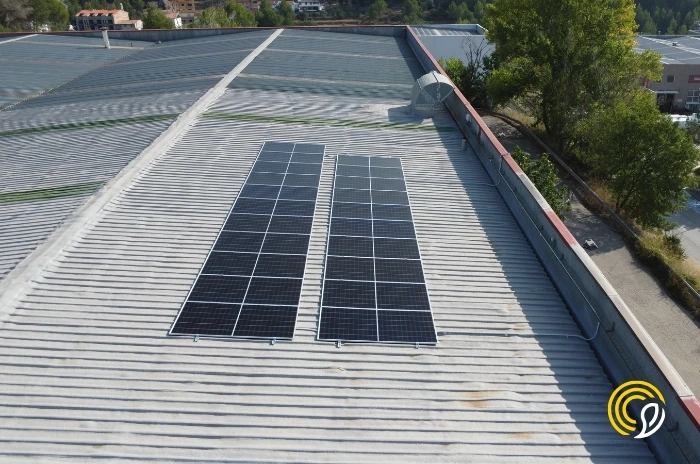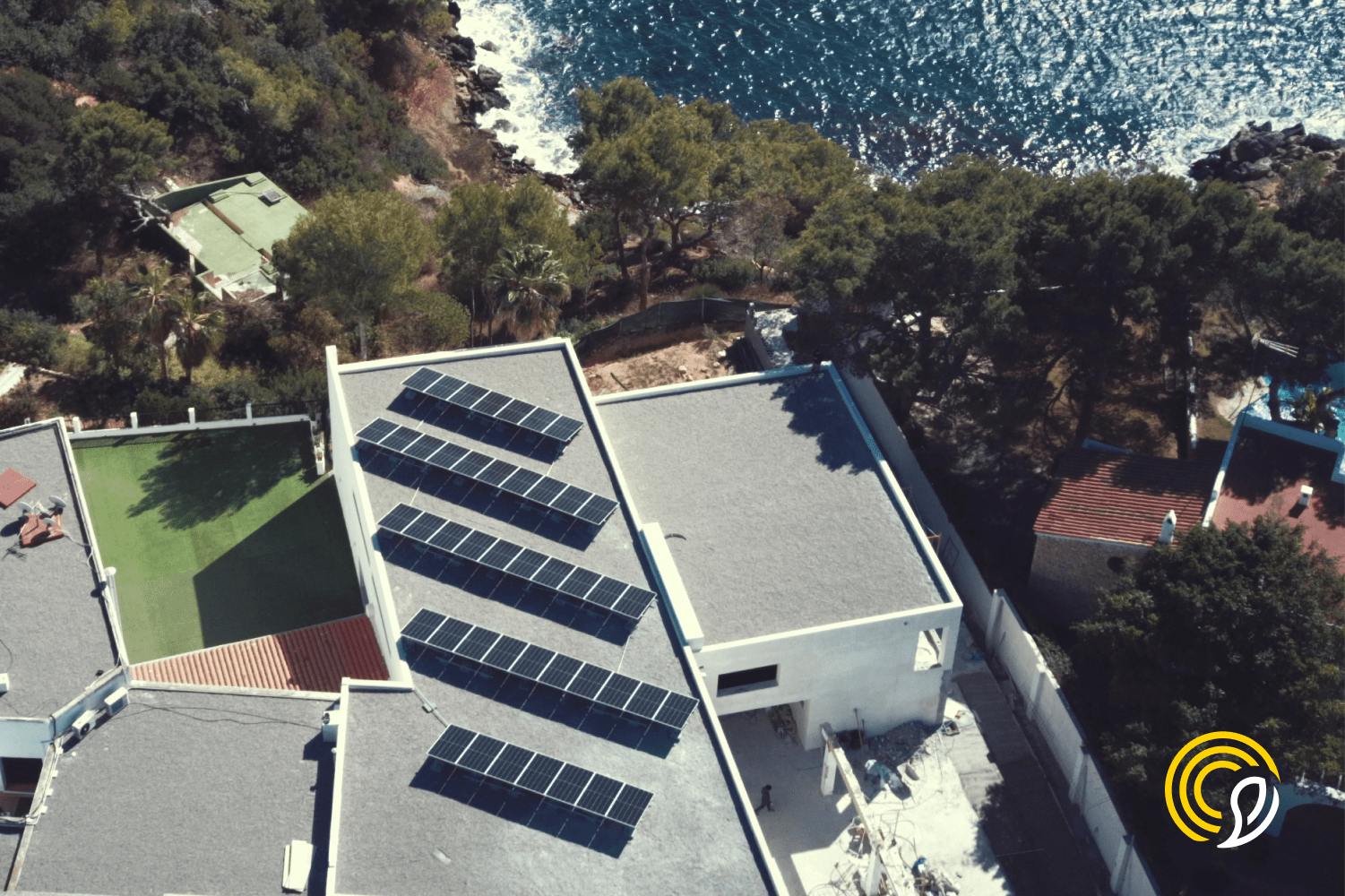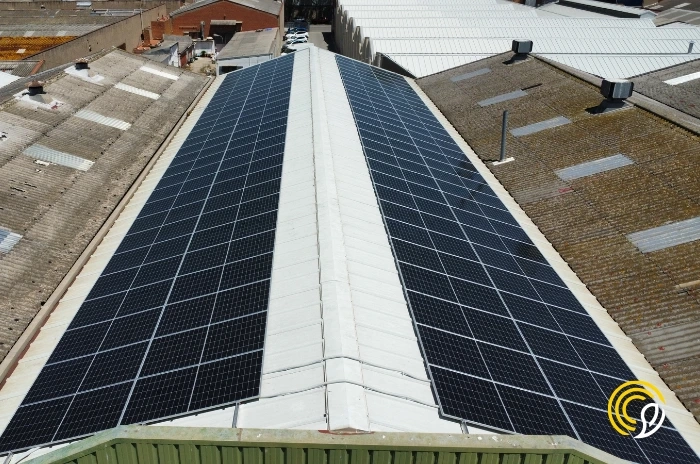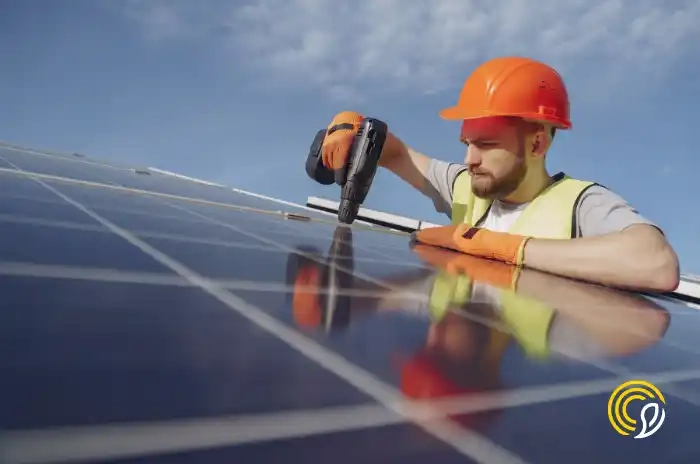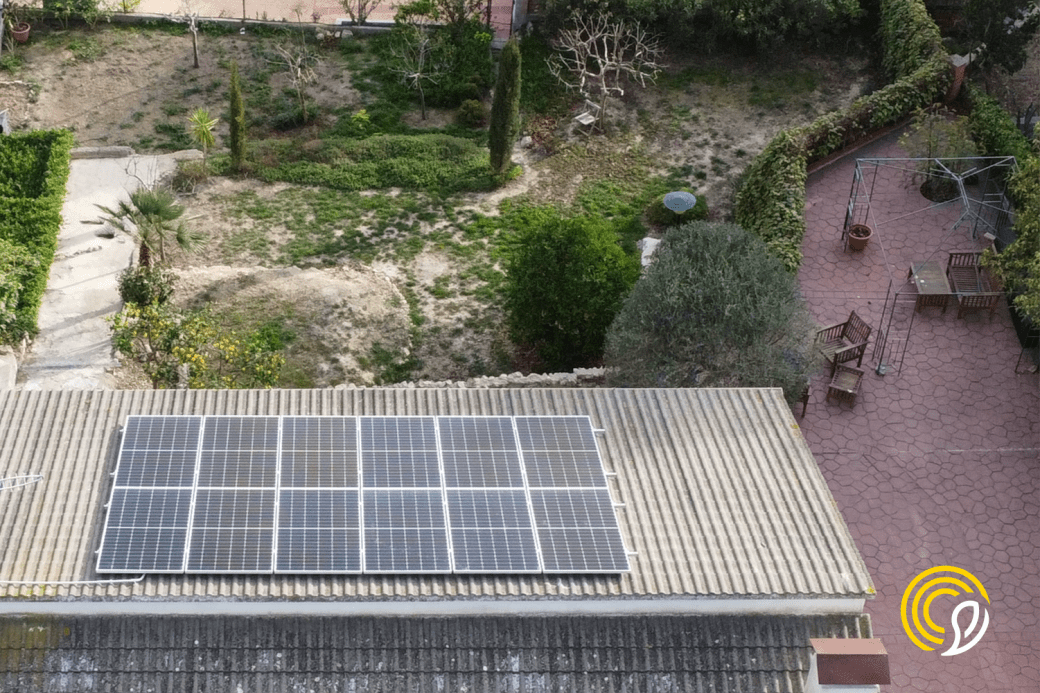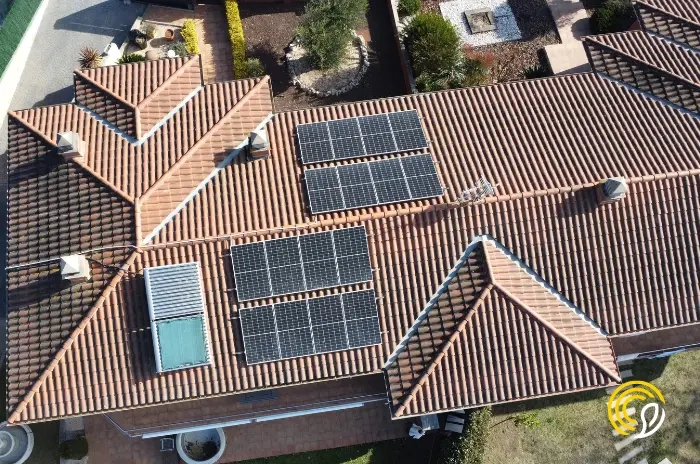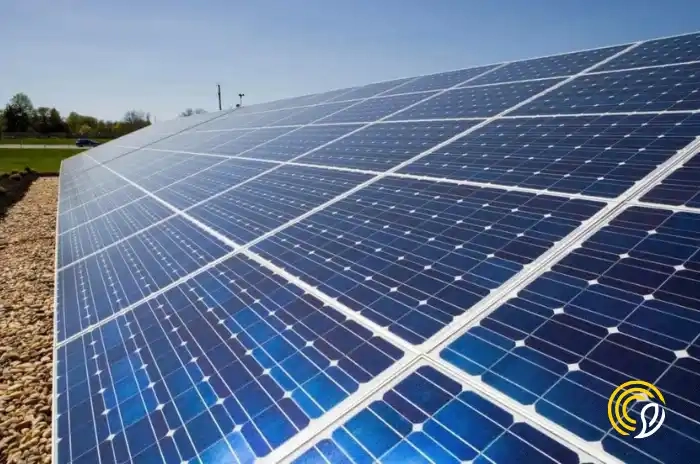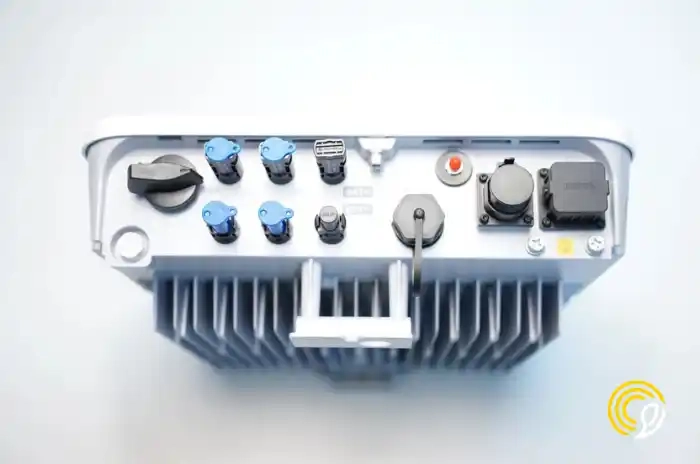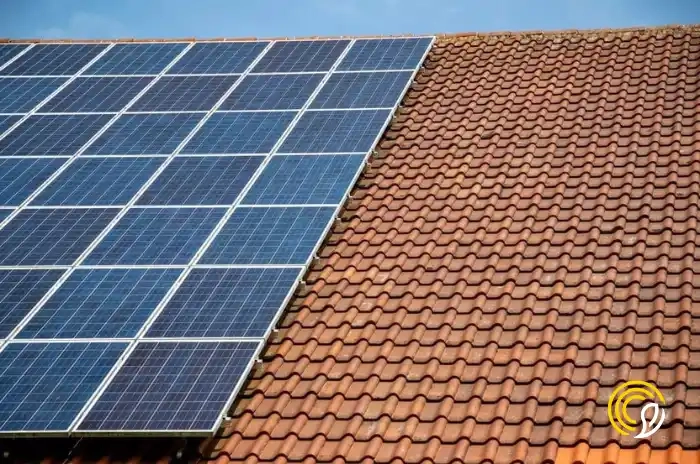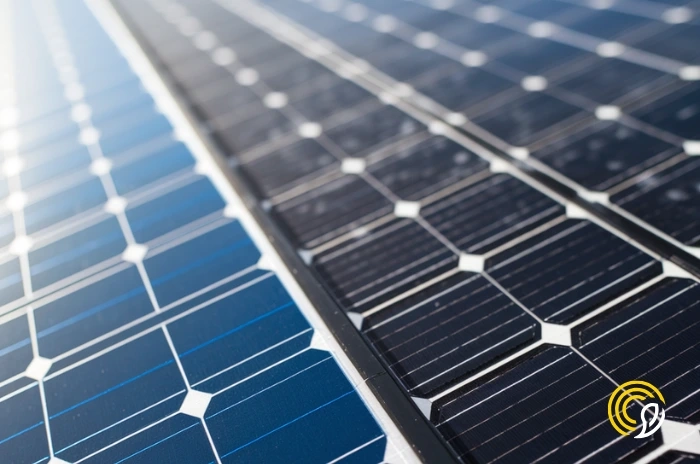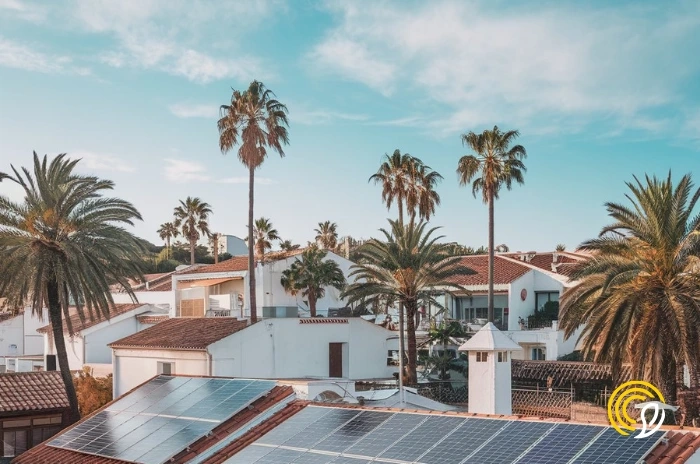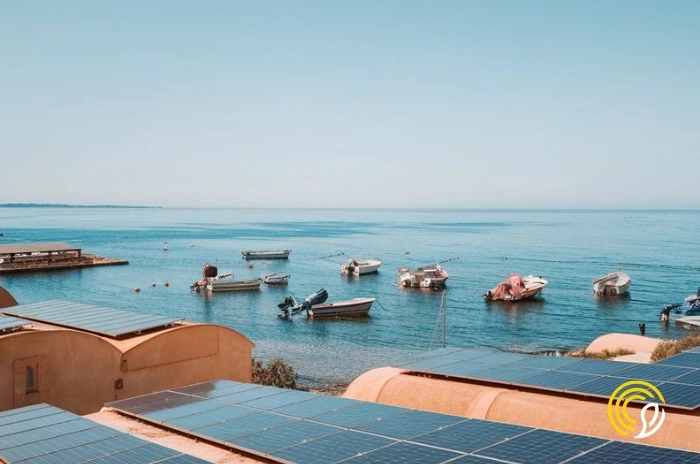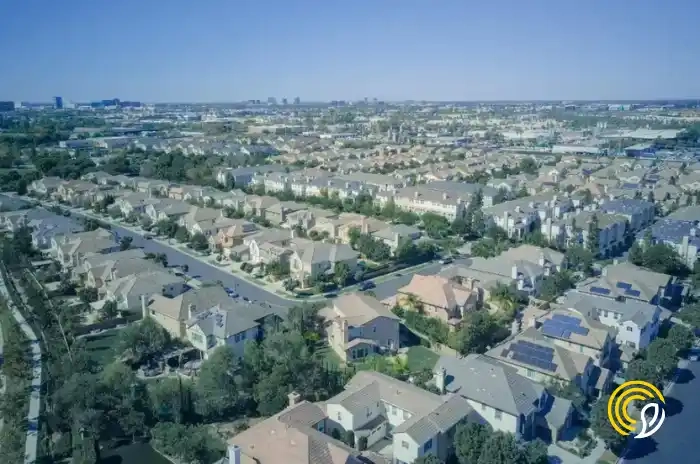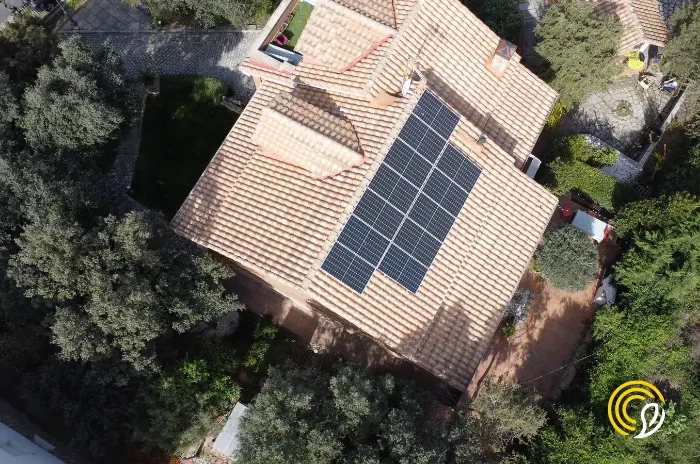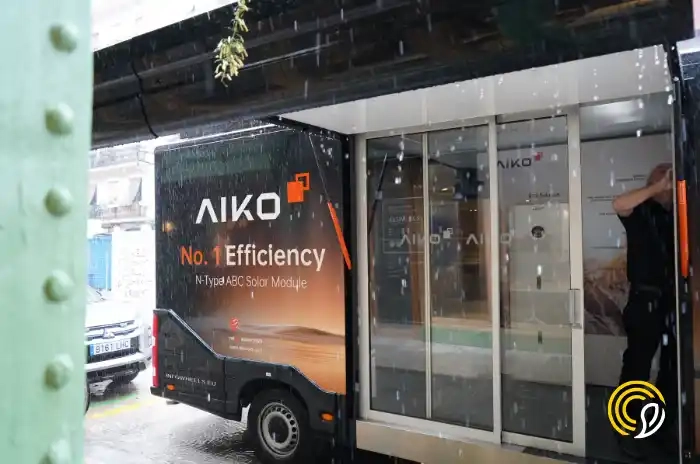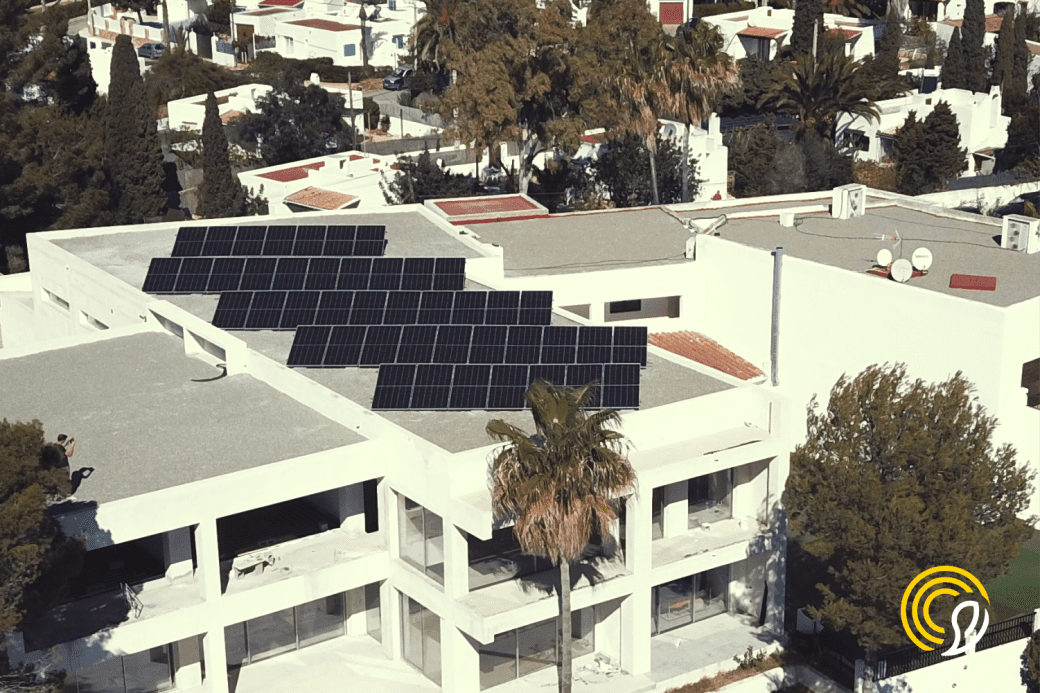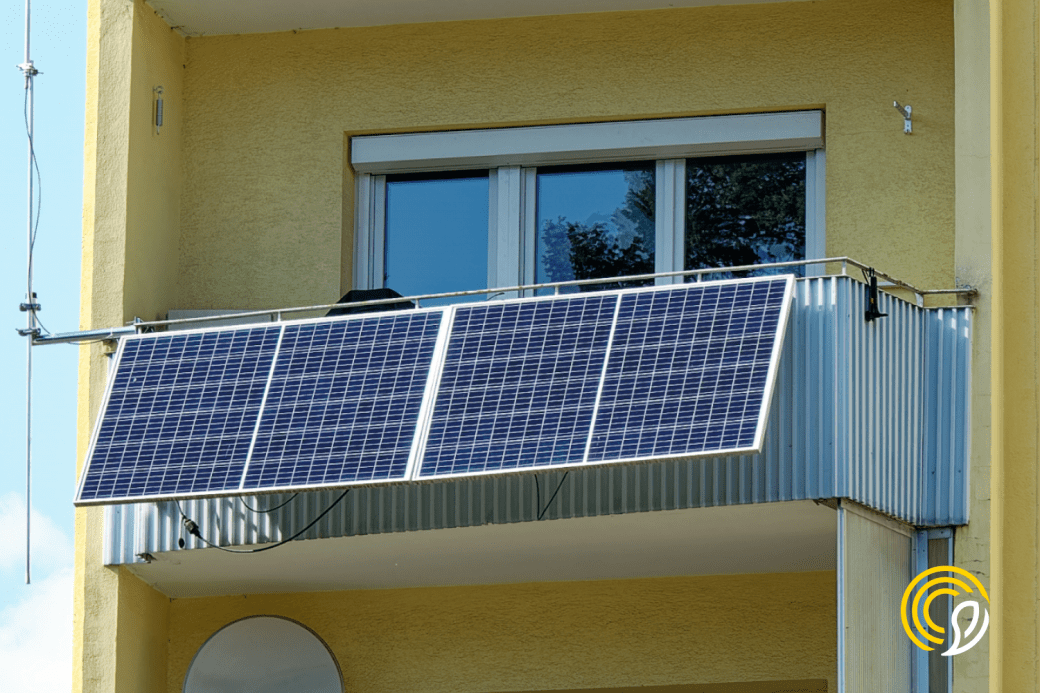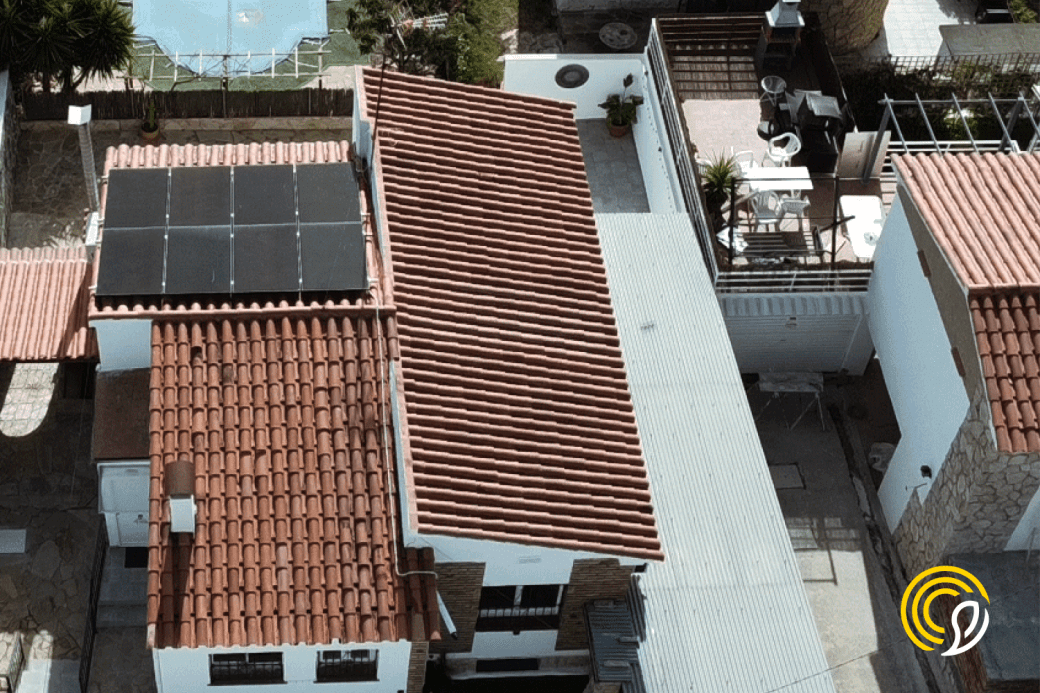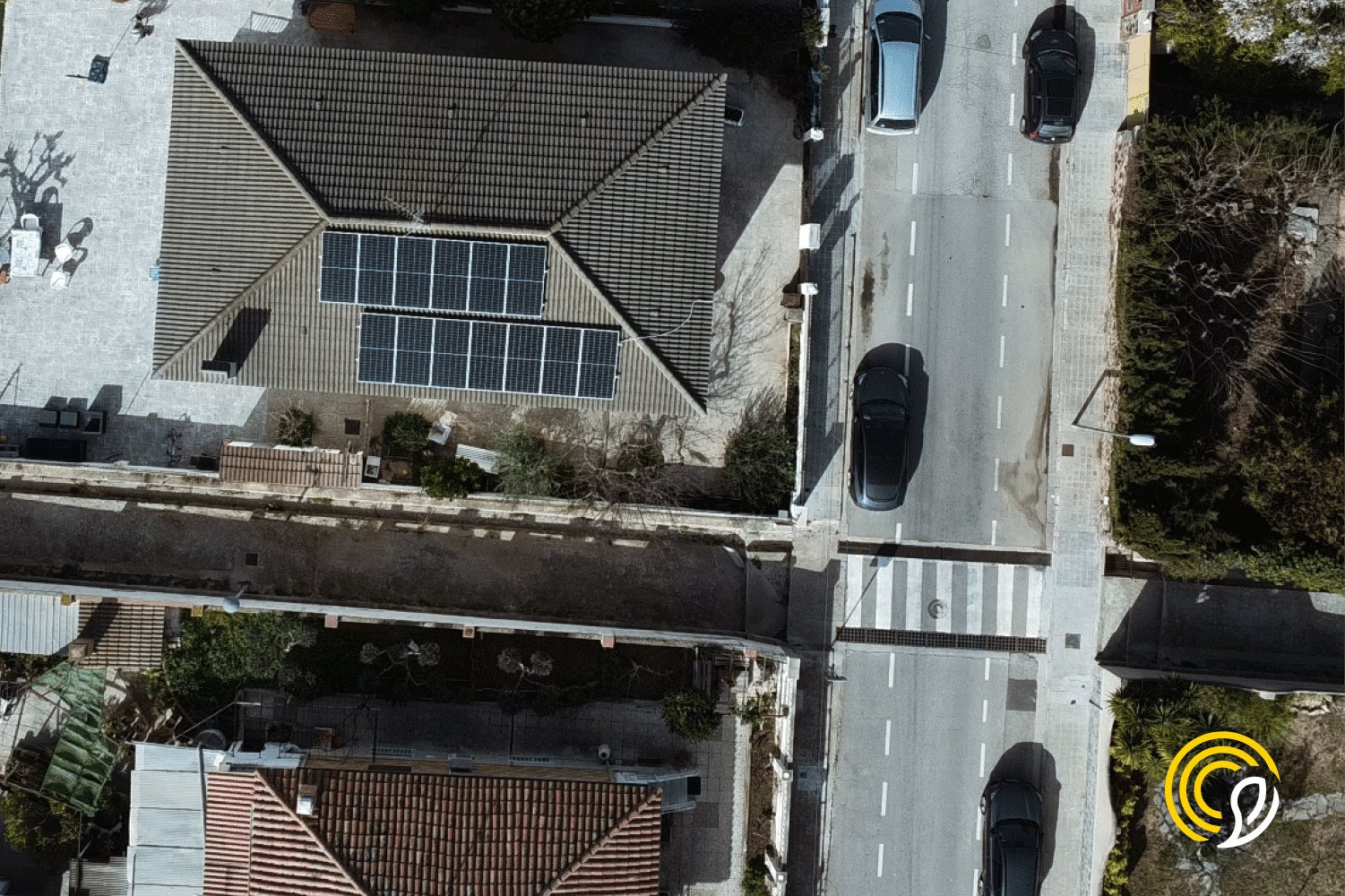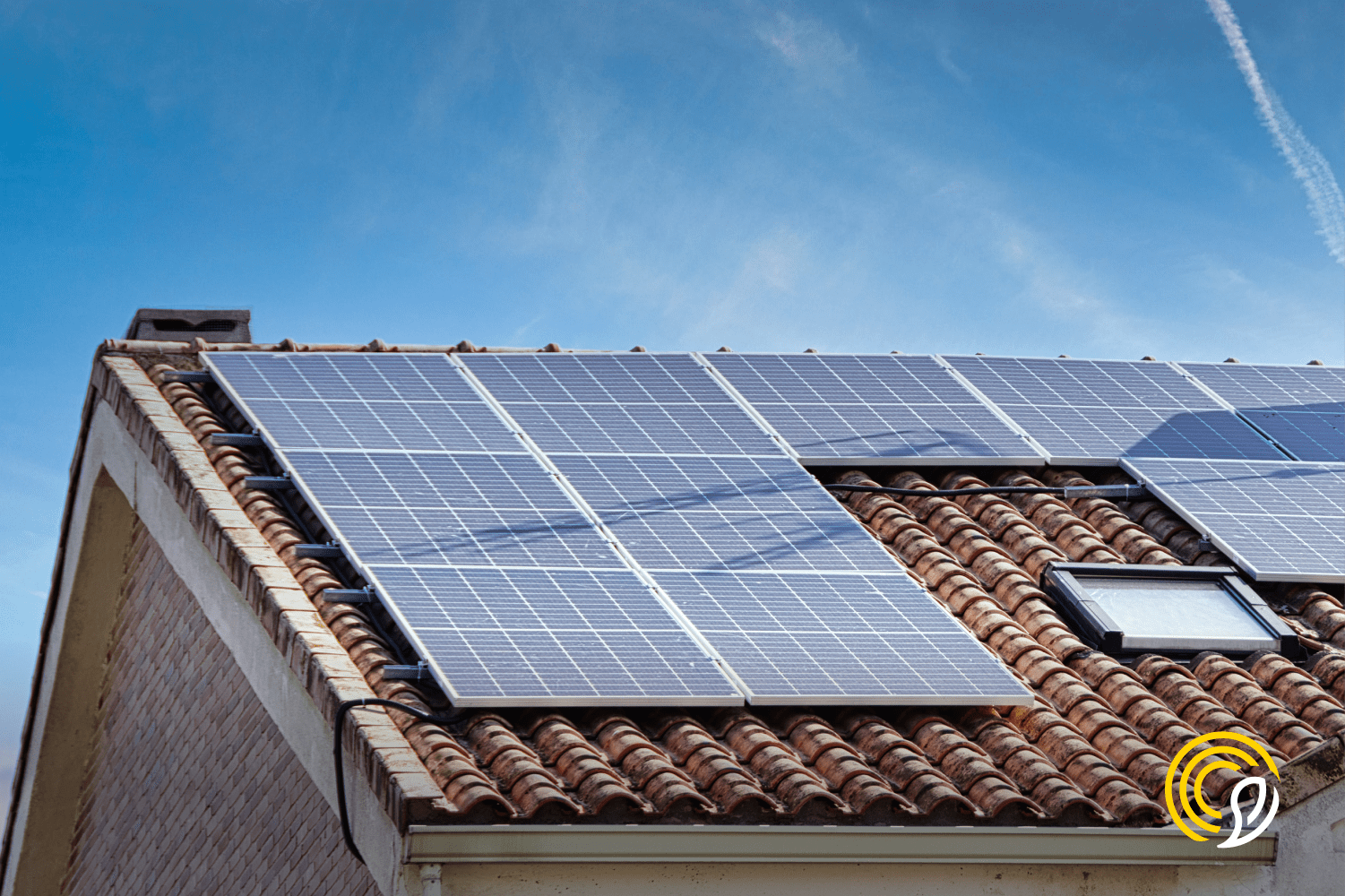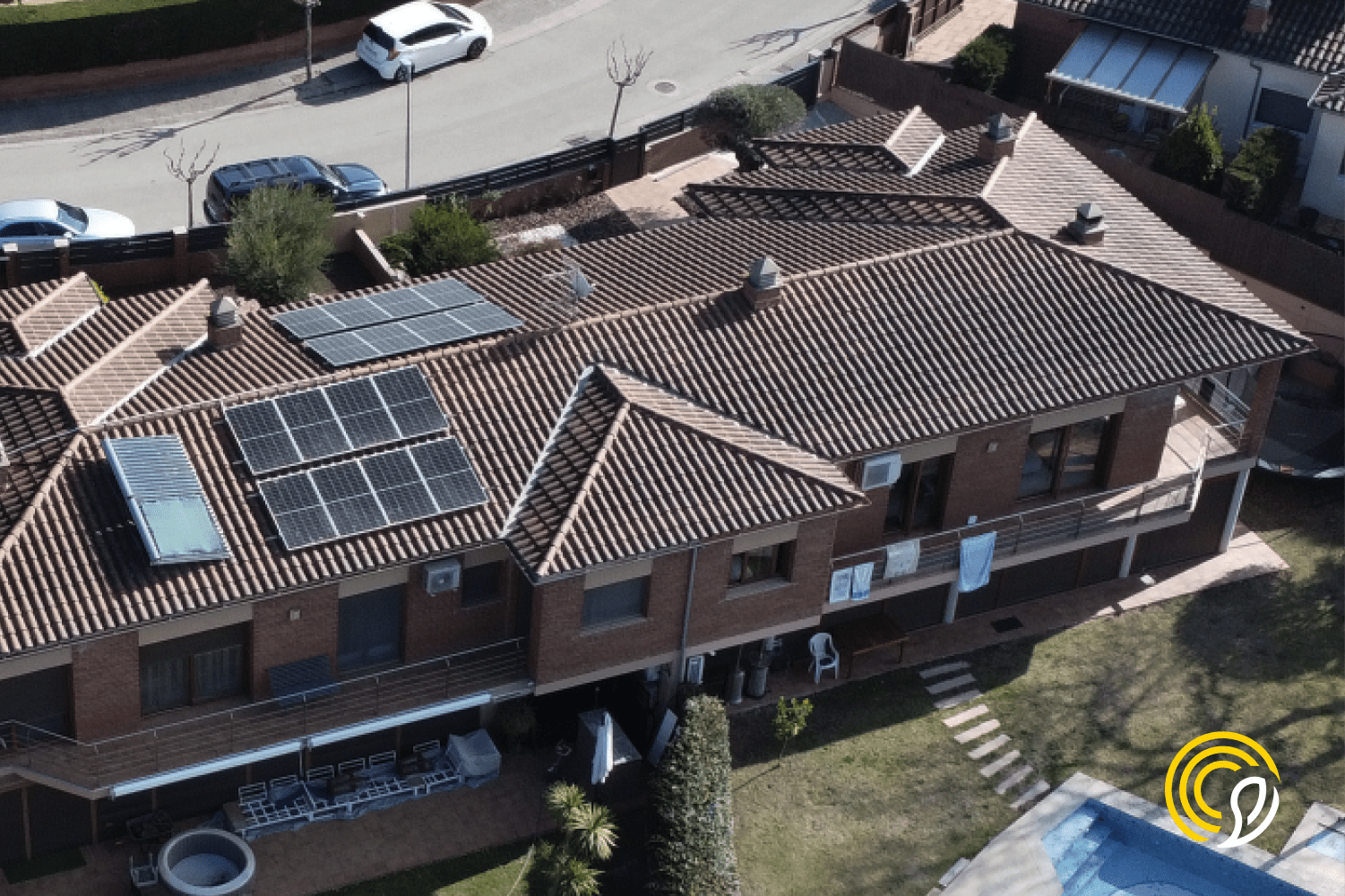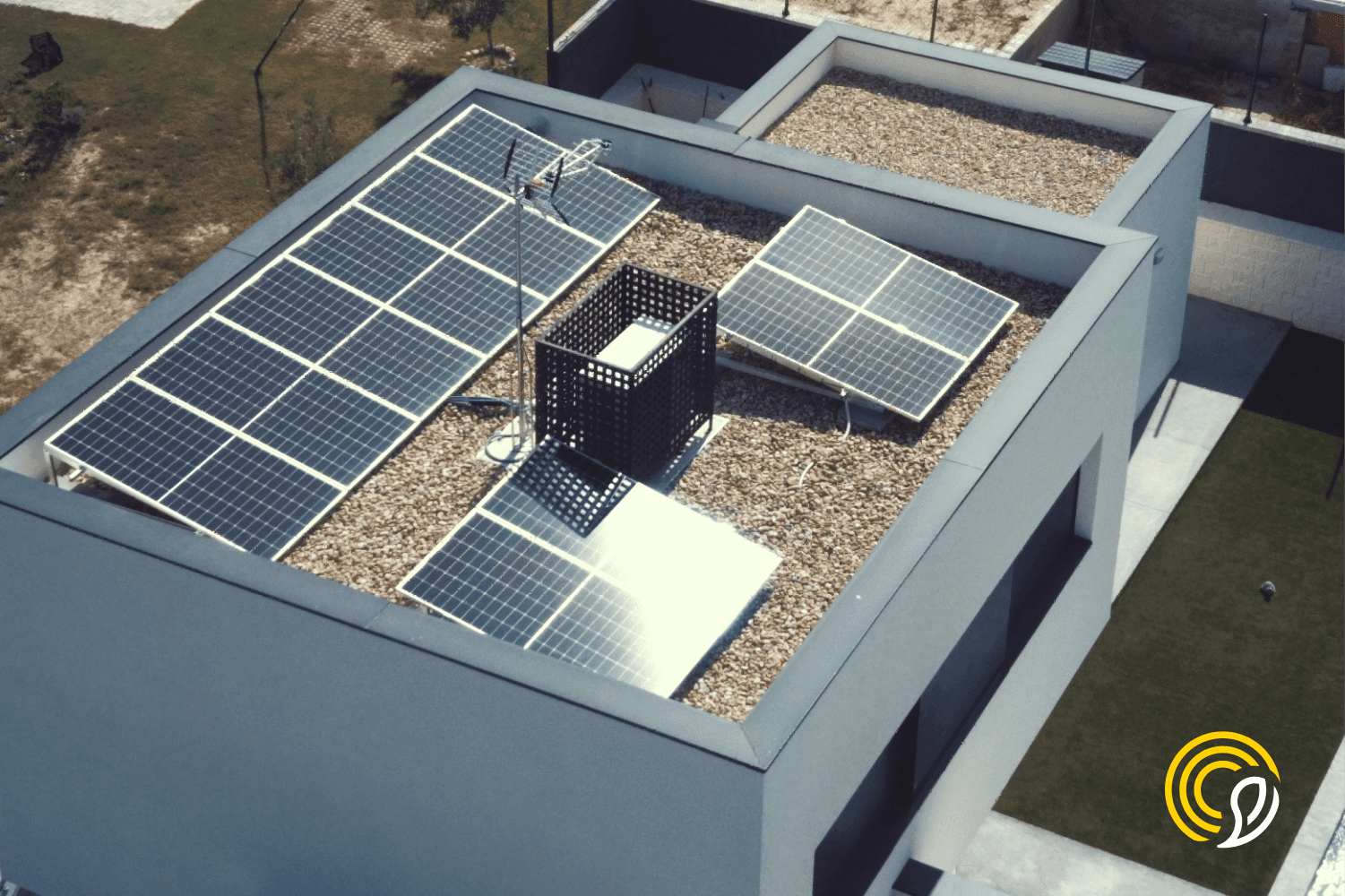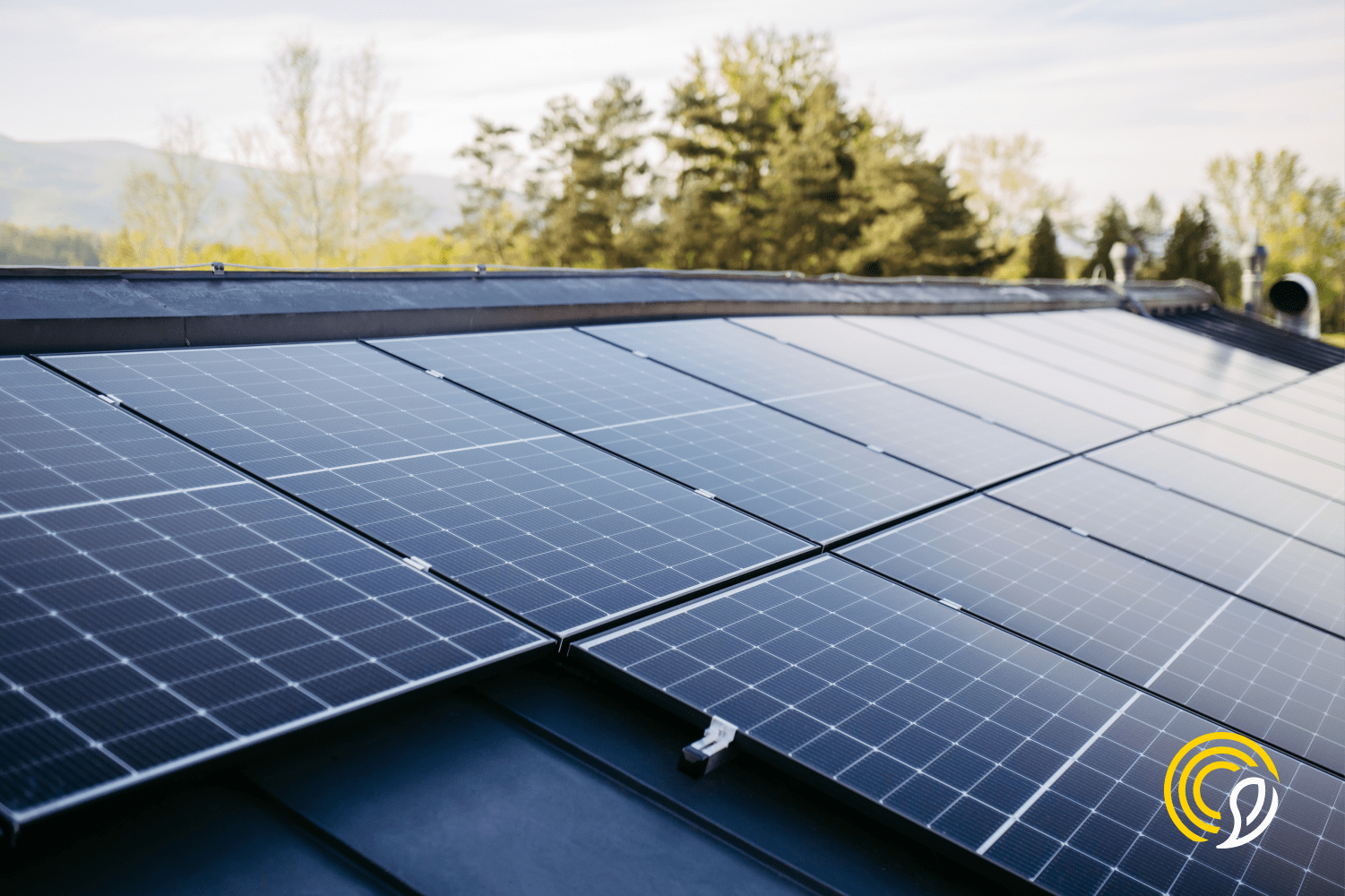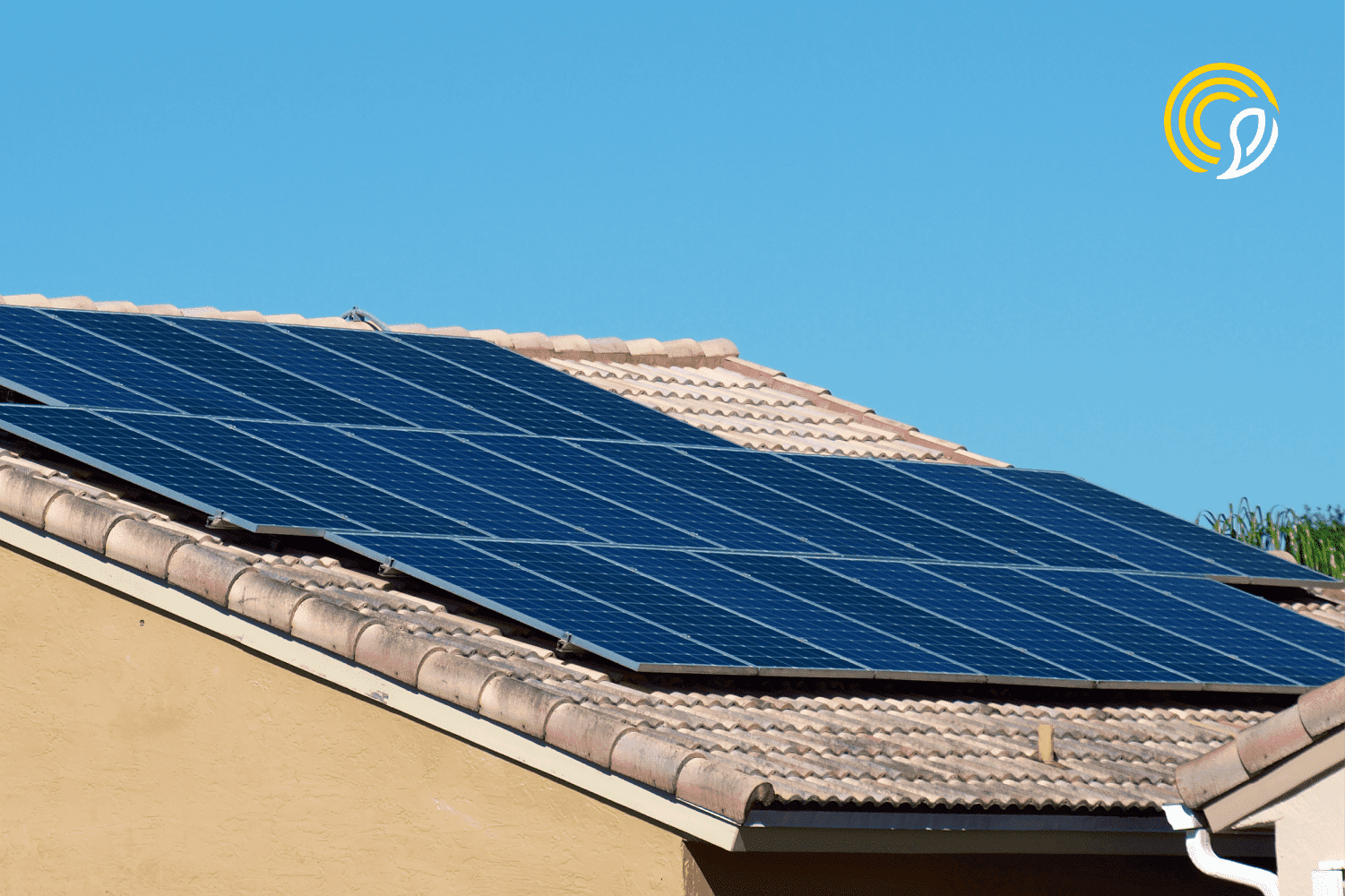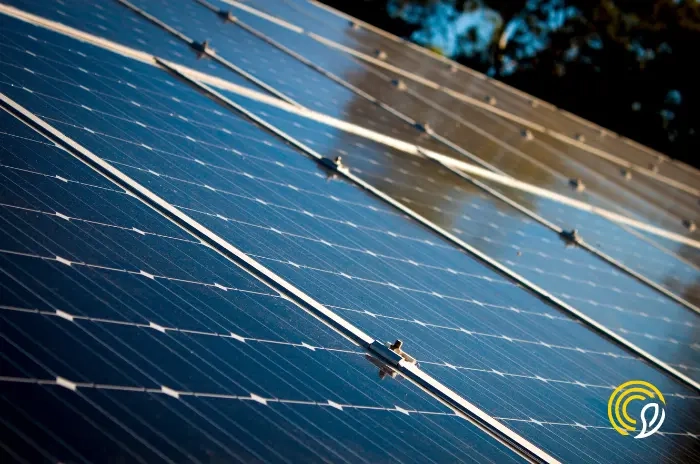
Complete guide to solar panel maintenance

Growth Specialist at Sunhero, passionate about solar energy since installing panels in her home.
06/08/2024
4 min read
Table of Contents
Here are all the tips you need to keep in mind for the maintenance of your solar panels. The most effective products and tools for cleaning, as well as the different types of dirt that can affect your panels.
The importance of water in solar panel cleaning
The main cleaning agent for solar panels is the most common element: water. We do not recommend using abrasive cleaners such as bleach or household detergents, as these can damage the surface of the panels. Instead, it is sufficient to use water combined with a bit of washing-up liquid. This mixture is effective for removing dirt without causing damage.
Advantages of using water
Water is an abundant and accessible resource that, when used correctly, can be very effective for cleaning solar panels. Moreover, it does not leave chemical residues that could affect the panels’ efficiency. The use of water is also environmentally friendly and safe for the operators who perform the cleaning.
Water application process
The cleaning process with water should be carried out carefully to avoid damage. We recommend using a hose with an adjustable nozzle to control the water pressure. This way, you can ensure that the stream is strong enough to remove dirt but not so strong as to damage the panels.
Types of dirt and cleaning methods
Solar panels can become dirty in various ways, including dust, snow, and bird droppings. Each type of dirt requires a specific cleaning method to ensure maximum effectiveness without damaging the panels.
Dust
Dust is one of the most common types of dirt that affects solar panels. Fortunately, it is also one of the easiest to clean. To remove dust, you simply need water. Applying a stream of water with detergent over the solar panels, which are usually tilted between 15 and 25 degrees, will allow gravity to displace the dirt and water, leaving the panel clean. There is no need to use a mop, as it could scratch the tempered glass that protects the photovoltaic panel, compromising its functionality.
Steps for cleaning dust
- Preparation: Ensure that the temperature of the panels is not too high. Ideally, carry out the cleaning in the early hours of the day.
- Water application: Use a hose with an adjustable nozzle to apply water over the panels. Maintain moderate pressure.
- Detergent: If necessary, add a small amount of washing-up liquid to the water to help remove more stubborn dirt.
- Rinse: Rinse the panels with clean water to remove any detergent residue.
Snow
Snow can accumulate on solar panels, especially in colder regions. Solar panels, when heated by solar energy, tend to melt a small layer of snow, facilitating its fall by gravity. You can assist this process by using water with detergent, although often the snow will displace itself due to the tilt of the panels.
Handling snow
- Check: Before proceeding with cleaning, check the thickness of the snow layer and the temperature of the panels.
- Water application: Use lukewarm water to help melt the snow. Do not use hot water, as the temperature difference can damage the panels.
- Natural displacement: Often, snow will displace itself due to the tilt and heat of the panels. Ensure that the snow is not obstructing the base of the panels.
Bird droppings
Bird droppings are one of the most difficult types of dirt to remove due to their adherence. This type of dirt not only affects the appearance of solar panels but can also significantly reduce their efficiency if not properly removed.
Using isopropyl alcohol
To remove bird droppings, we recommend using isopropyl alcohol and a plastic spatula (never metal, to avoid scratching the tempered glass). Isopropyl alcohol is effective at dissolving this type of dirt without damaging the panels.
- Preparation: Apply a small amount of isopropyl alcohol to the droppings.
- Plastic spatula: Use a plastic spatula to gently remove the dirt. Do not apply too much pressure to avoid scratching the surface.
- Final cleaning: Rinse the area with water to remove any alcohol residue.
When to perform maintenance
It is crucial to perform solar panel maintenance in the early hours of the day. This is due to the temperature difference between the water and the panels. If the temperature of the panels is 40-50 degrees and tap water at 20 degrees is used, this differential can generate microcracks in the tempered glass. Therefore, we recommend performing the cleaning in the early hours of the day when the temperature is more uniform.
Impact of temperature
Solar panels are designed to withstand high temperatures during their operation, but sudden temperature changes can cause damage. The temperature difference between the water used for cleaning and the hot surface of the panels can create stress in the material, resulting in microcracks or structural damage.
Best time for cleaning
The early morning hours are ideal for cleaning solar panels. During this time, the temperature is lower and more uniform, minimising the risk of thermal shock damage. Additionally, direct sunlight is not yet as intense, making the task more comfortable and safer for the operators.
Additional maintenance tips for solar panels
Besides regular cleaning, there are other important aspects to consider to keep solar panels in optimal condition.
Visual inspection
Conduct regular visual inspections to detect any signs of damage, accumulated dirt, or mounting issues. Regular inspections can help identify and resolve problems before they affect the panels’ performance.
Inverter check
Inverters are critical components of the solar energy system. Ensure they are functioning correctly by performing periodic checks. A faulty inverter can reduce the system’s efficiency and increase energy costs.
Hot spot detection
Hot spots are areas of the panel that heat up more than usual due to defects or dirt. These spots can reduce efficiency and cause long-term damage. Use thermal cameras to detect and address these issues promptly.
Conclusion
Proper maintenance of solar panels is essential to ensure their efficiency and prolong their lifespan. Regular cleaning with water and mild detergent, careful removal of bird droppings with isopropyl alcohol, and performing these tasks in the early hours of the day are recommended practices that can prevent damage and maintain optimal performance.
As a company, we offer a comprehensive maintenance service that includes cleaning solar panels, checking inverters, and detecting hot spots. In this article, we will focus on the considerations and procedures for cleaning photovoltaic panels, a crucial aspect to maintain their efficiency and prolong their lifespan.
Start today!
Fill out our free solar calculator and get a custom quotation
